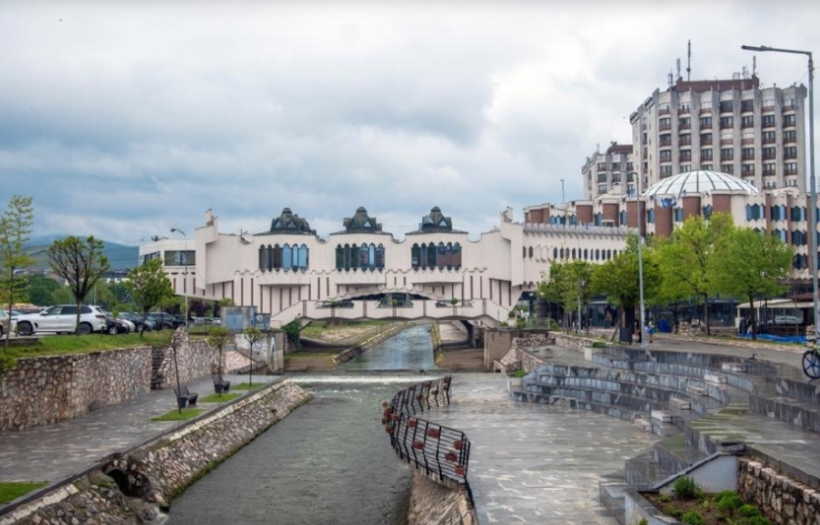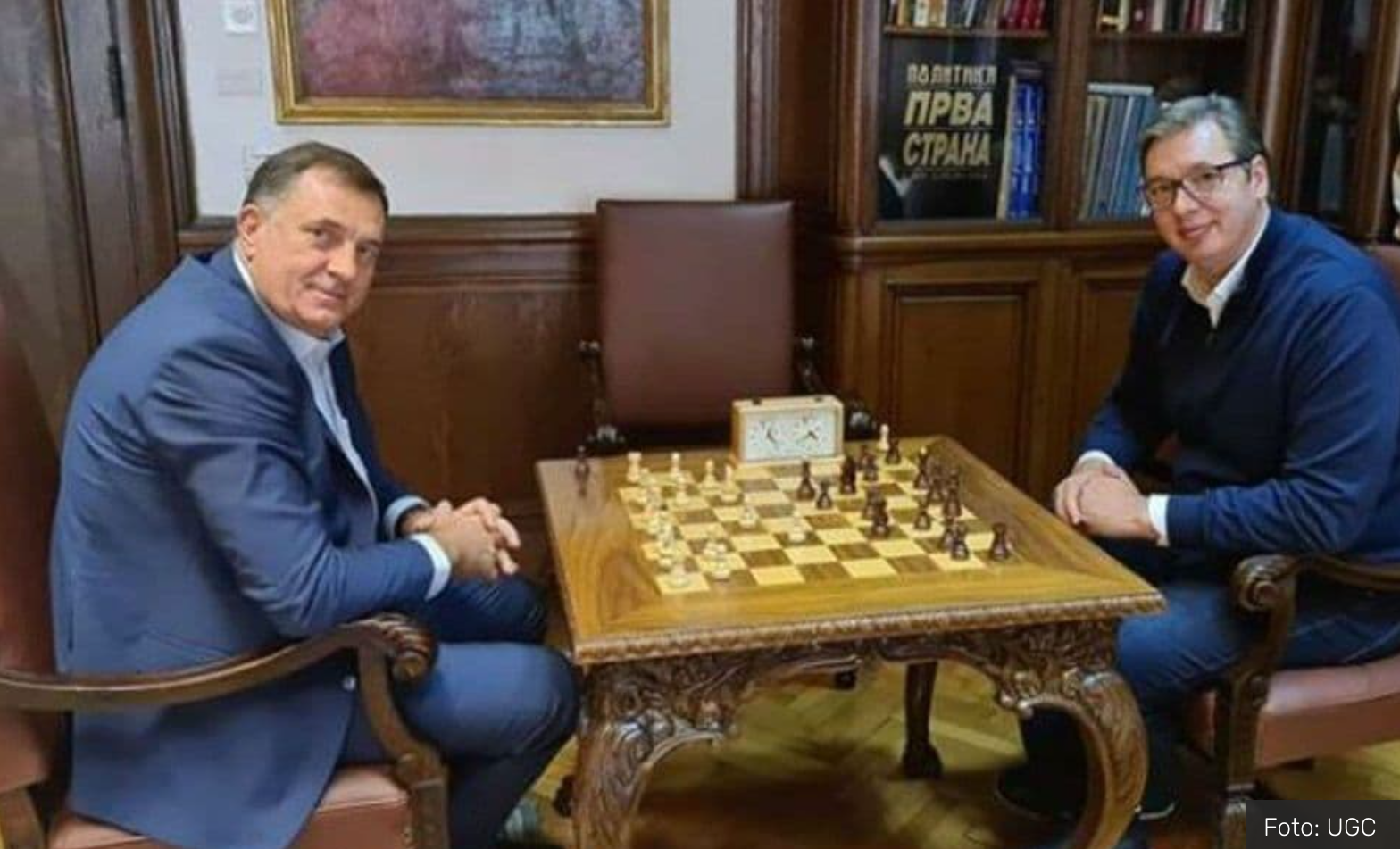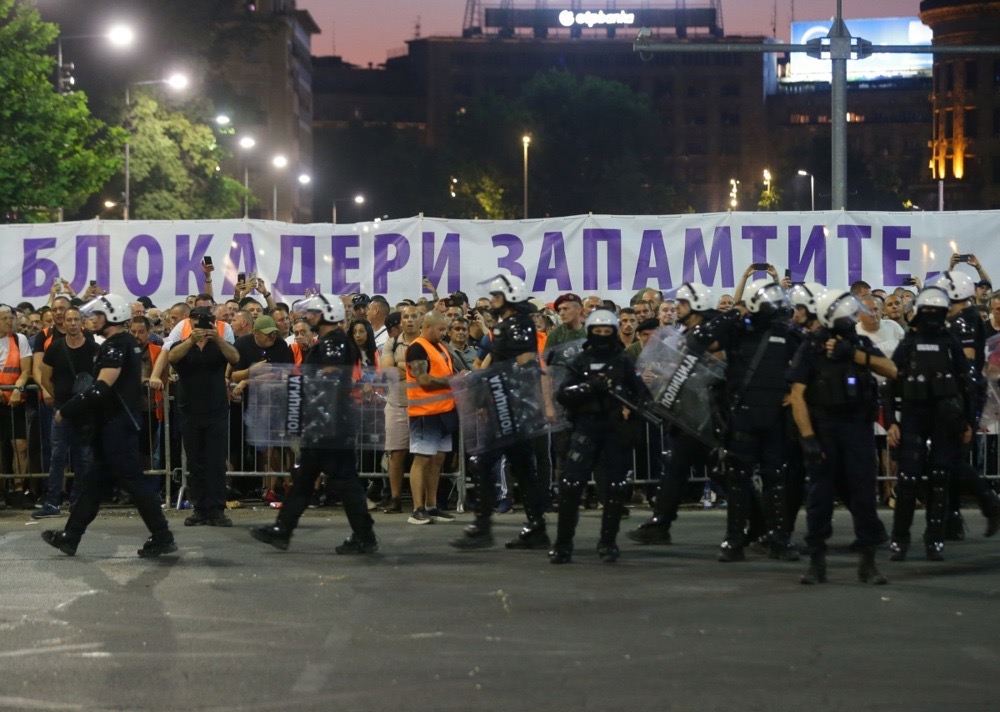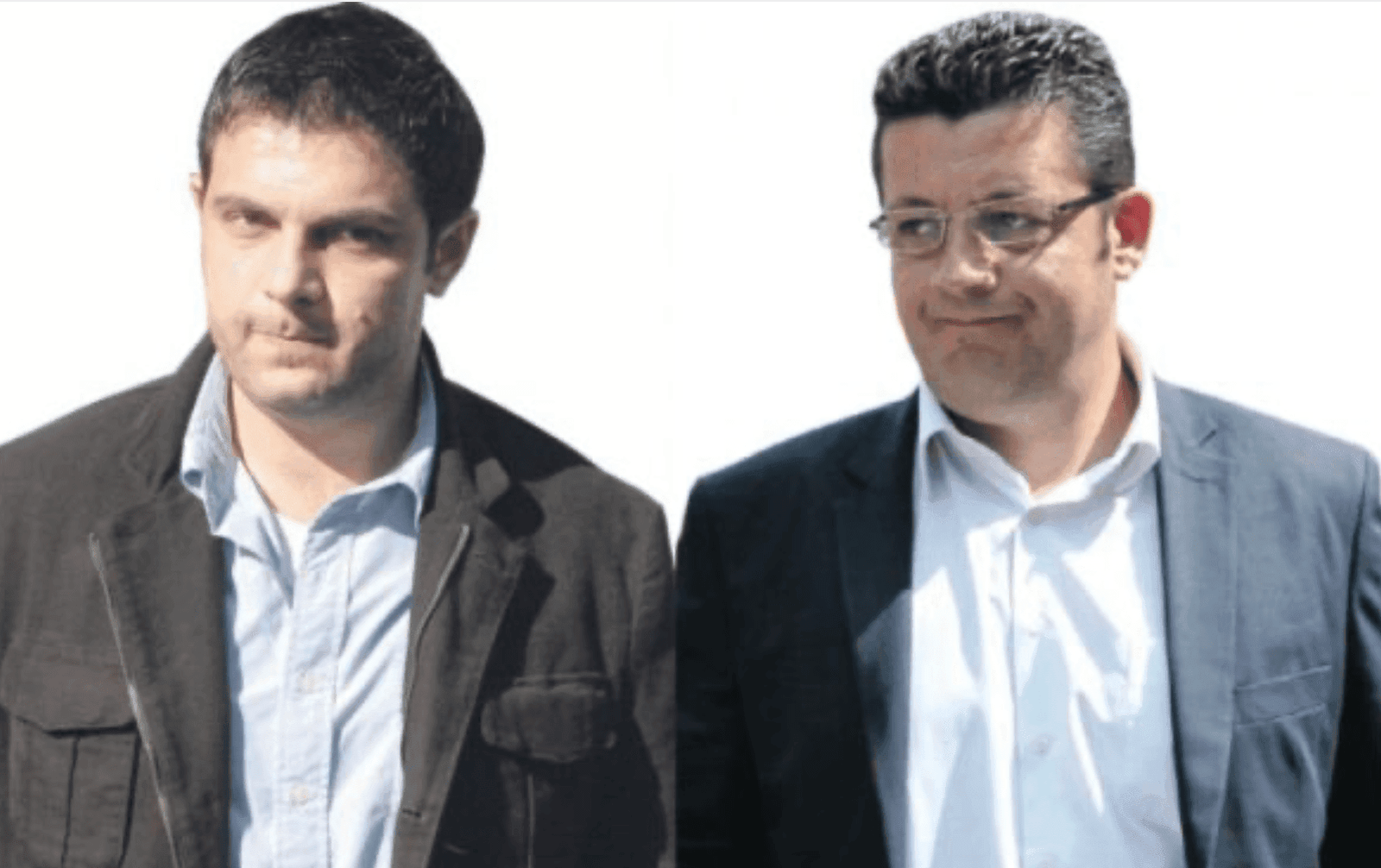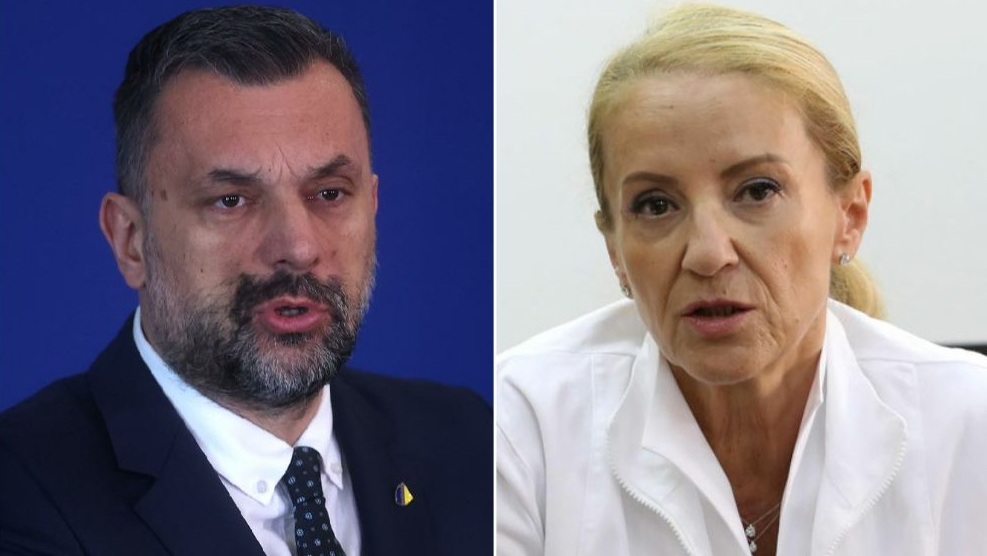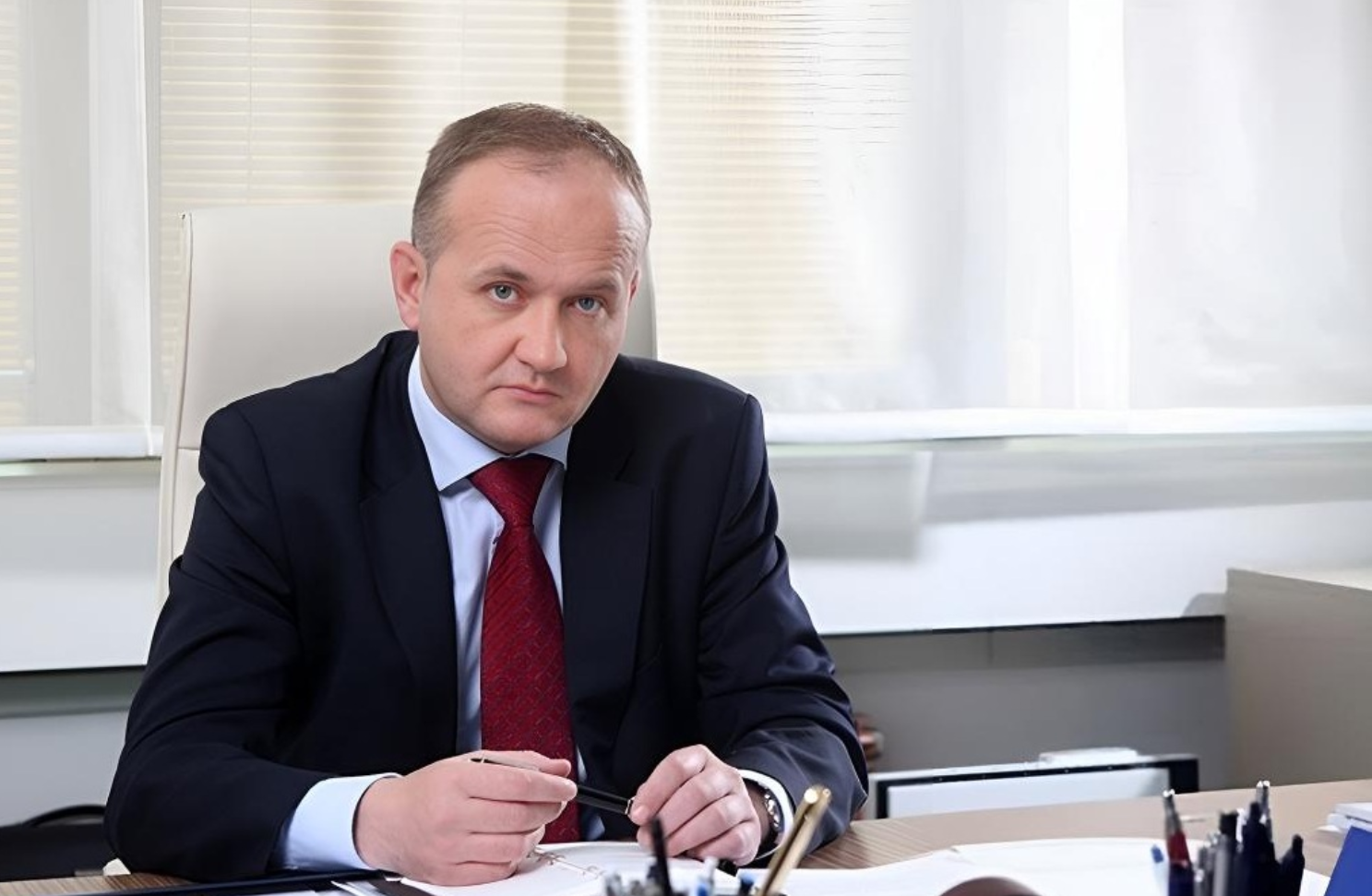A new wave is sweeping Europe’s east – multi-national popular resistance to Moscow’s political subversion. Over the past year, the Kremlin has poured enormous resources into supporting authoritarian and anti-Western politicians in numerous European states. In response, a growing number of citizens in Georgia, Romania, Moldova, Serbia, Hungary, and Slovakia are determined to defend their liberties, resist the fraud promoted by the Kremlin, and oust Russia’s proxies.
In an effort to disguise its failures in capturing Ukraine and replacing its government, the Kremlin has focused on installing Russia-friendly regimes in numerous European states. Its arsenal of subversive tools includes funding and promoting radical rightist and leftist parties, corrupting selected politicians, and exploiting populist anti-establishment sentiments among the electorate. While Moscow has registered some political successes in France, Germany, the United Kingdom, and other West European capitals, it has been unable to emplace a loyal government. However, in parts of Europe’s east the Kremlin has made steady gains, but now faces escalating public resistance.
In Moldova, Moscow has supported separatist entities in Transnistria and Gagauzia, bombarded the country with anti-Western disinformation, and boosted local oligarchs to win general elections. Moldova voted in presidential elections in November and despite intense Russia interference, the pro-Western candidate Maia Sandu won the vote. She defeated a former prosecutor general who had the backing of the Russia-financed Socialist Party. Moldova’s national security service uncovered that pro-Russian oligarchs paid millions of euros to stage anti-government protests and commit election fraud.
Moldovans have rallied in the streets against Russian interference and parliament adopted a new national defense strategy identifying Russia as the main threat to Moldova’s sovereignty. In retaliation, the Kremlin has threatened to cut off gas supplies to stir dissatisfaction with rising prices ahead of the July 2025 parliamentary elections. Moscow is also using separatist leaders and business elites in Transnistria and Gagauzia to undermine the central government. However, any moves toward dividing the country is certain to provoke pro-unity and anti-Russia demonstrations in the coming months.
In Georgia, Moscow has already partitioned the state by seizing Abkhazia and South Ossetia, nurtured billionaire Bidzina Ivanishvili, leader of the governing Georgian Dream party, and manipulated social networks to achieve its goal of bringing Georgia back into its orbit. However, the blatantly defrauded elections in October and the government’s unilateral decision to postpone negotiations with the European Union have sparked weeks of massive public protests. They are backed by the legitimately elected President Salome Zurabishvili who has called for new parliamentary elections. Opposition parties have accused Georgian Dream of rigging the vote and emplacing a puppet president in order to cling to power. The showdown with the illegitimate government will culminate in the coming weeks.
In Romania, the Kremlin has purchased an unknown radical rightist, Calin Georgescu, and propelled him to victory in the first round of the November presidential elections through a massive “social media” blitz, especially on TikTok. Georgescu benefited from widespread public anger with the major political parties and exposed how fragile some democracies are to manipulation by populist figures funded from abroad. Following major disclosures of Russian assistance to Georgescu, the Constitutional Court made an unprecedented move to annul the runoff presidential elections and rescheduled them for the Spring of 2025. Coalition partners agreed to put forward a single pro-European candidate, realizing that they had exposed Romania to one of Moscow’s “special political operations.” Far-right nationalists also made significant gains in Romania’s December parliamentary elections, particularly as the centrist parties were deeply divided. But growing public realization that Moscow stood behind the radicals will escalate resistance to foreign interference.
In Serbia, Moscow has encouraged Belgrade’s expansionist regional agenda, used the Orthodox Church and a host of Serbian nationalist organizations to spread its influence, and helped arm the Serbian government against NATO and the US in numerous domains – from military and paramilitary to propaganda and disinformation. Periodic mass demonstrations have been organized in Belgrade and other major cities. In recent weeks, student-led anti-corruption protests have called for the resignation of the Aleksandar Vučić regime following the collapse of the Novi Sad railway station canopy that killed fifteen people. Protestors blame the deaths on rampant official corruption that resulted in sloppy renovation work and fear that other infrastructure deals with Chinese state companies will result in more civilian deaths.
In Hungary, the Kremlin has corrupted and boosted the Victor Orbán government that opposes EU foreign policy, including sanctioning Russia for its invasion of Ukraine, and does not fulfill its NATO obligations. It also poses as a defender of Christianity and “traditional values” while being listed as the most corrupt administration in Europe. But the anti-Orbán tide is rising with regular mass demonstrations in Budapest and opinion polls showing that the ruling FIDESZ party is dramatically losing support to the opposition TISZA party. Orban’s hold on power looks increasingly precarious given falling living standards and escalating corruption charges tied to Russia and China.
In Slovakia, Moscow has courted prime minister Robert Fico with energy deals and financial kickbacks in order to break Central European solidarity with Ukraine. Following Fico’s recent visit to Moscow to meet with Putin, thousands of protesters took to the streets in the capital Bratislava chanting, “Fico is a Russian collaborator,” “Enough of Russia,” and “Slovakia is Europe.” In addition, the country’s opposition parties are gearing up to challenge the government on its increasingly blatant pro-Moscow and anti-Ukrainian policies.
While the Kremlin will continue to implant its proxies or allies in nearby states, it will face a counter-wave of protests by a public that increasingly sees Moscow’s hand behind election fraud and corrupt politicians. And despite its grievances against incumbent governments, it does not want to return to the Russian orbit with the repression and pauperization that this inevitably entails.
Janusz Bugajski is a Senior Fellow at the Jamestown Foundation in Washington DC and author of two new books: Pivotal Poland: Europe’s Rising Power and Failed State: A Guide to Russia’s Rupture




